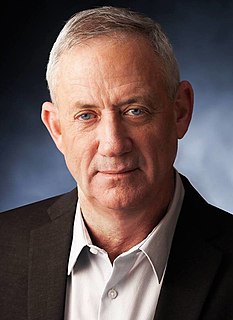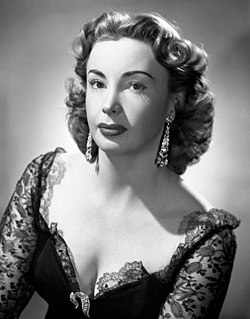A Quote by Colin Firth
My grandmother was a minister as well, which was not that common in the 1930s.
Quote Topics
Related Quotes
There are some issues where ministers should come and talk to the prime minister, if the prime minister hasn't already talked to them. Any issue which a minister thinks is going to be profoundly controversial, where we do not have a clear existing position, it is important that there be a conversation between the minister and the prime minister. I think they all understand that and I think it is working very well.
There is a certain jargon, which, in French, I should call un Persiflage d'Affaires, that a foreign Minister ought to be perfectlymaster of, and may be used very advantageously at great entertainments, in mixed companies, and in all occasions where he must speak, and should say nothing. Well turned and well spoken, it seems to mean something, though in truth it means nothing. It is a kind of political badinage, which prevents or removes a thousand difficulties, to which a foreign Minister is exposed in mixed conversations.
In our party, for the post of the prime minister or chief minister, there is no race, and nor does anyone stake their claim. Who will be the prime minister or chief minister, either our parliamentary board decides on this or the elected MLAs, in the case of chief minister, and MPs, in the case of the prime minister, select their leader.
It's unreasonable to me that there's a government in which the culture minister attacks the institutions she's responsible for. The justice minister attacks the institutions she's responsible for. The internal security minister attacks the institutions he's responsible for. The Cabinet attacks the IDF, and the prime minister attacks everyone.
Men live in a community in virtue of the things which they have in common; and communication is the way in which they come to possess things in common. What they must have in common in order to form a community or society are aims, beliefs, aspirations, knowledge - a common understanding - likemindedness as the sociologists say.
I was a very senior minister in the Howard government and I sat around this particular table [in the prime ministerial office] in many discussions. The difference between being a senior minister and the prime minister is that ultimately the buck does stop with the prime minister and in the end the prime minister has to make those critical judgement calls and that's the big difference.
We have been at the matter of police pay for some time. Indeed, the Minister of Safety and Security and the National Commissioner of Police have raised this matter. Treasury has been looking at it and the Public Service and Administration Minister has been looking at it. It is a matter with which we are engaged, the salaries issue, as well as the resource question with regard to vehicles and, and all other matters, including the skills issues.
My grandmother was energetic and fearless - a talented poet and songwriter. She was also interested in chemistry and history and medicine, taking care of the people in her hacienda in Mexico, delivering babies. She could have become anything, but this was the 1930s, and she was forced into an arranged marriage.



































